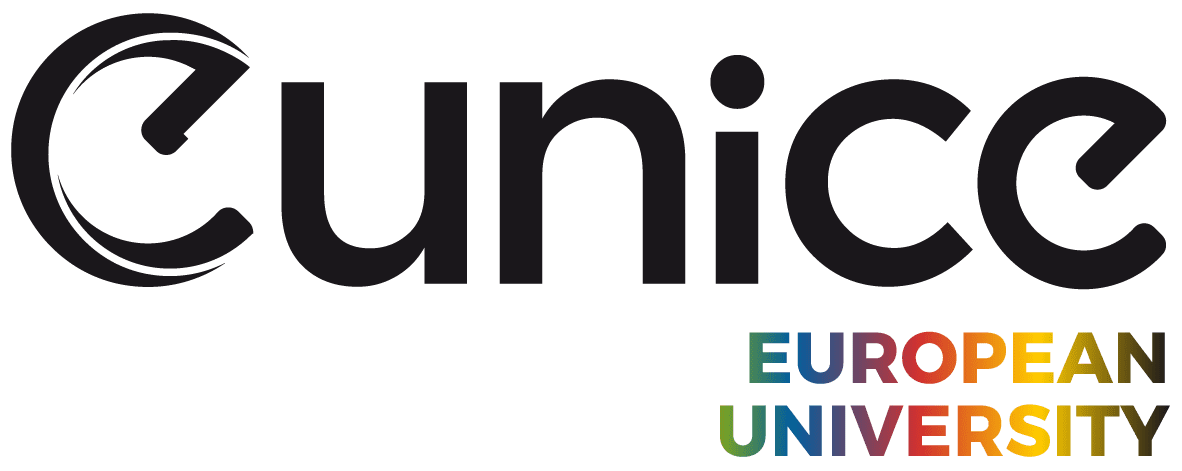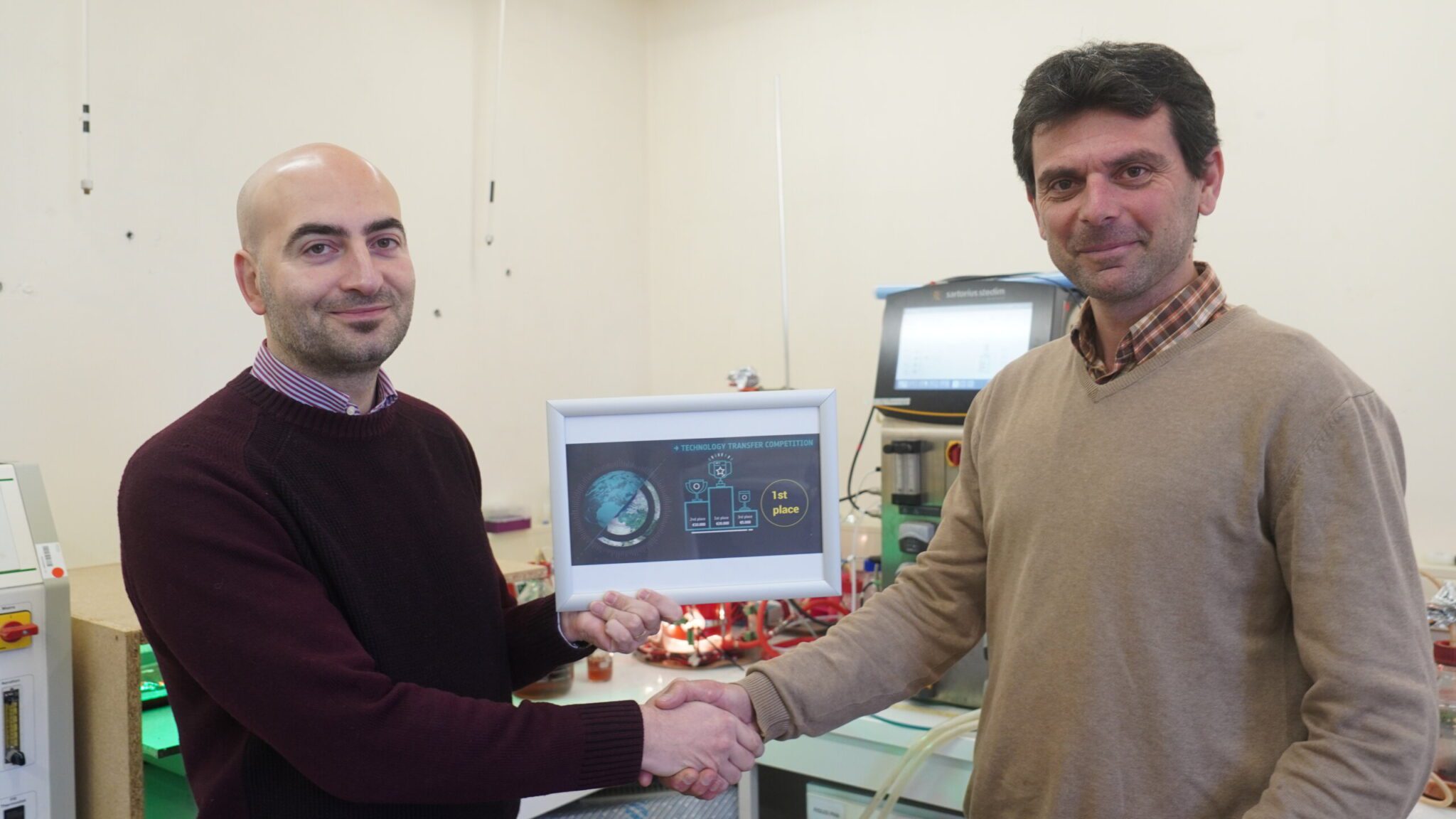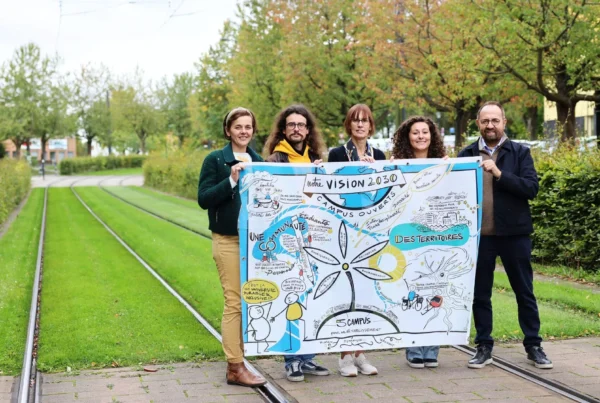Researchers from the University of Mons (Belgium), from the Proteomics and Microbiology Service led by Professor Ruddy Wattiez, won the first prize from the European Space Agency for their PROTEBoost project, aimed at getting more sustainable proteins from the agri-food industry waste
Baptiste Leroy and Guillaume Bayon-Vicente, researchers from the Proteomics and Microbiology Service, at Biosciences Research Institute of the University of Mons (UMONS-Belgium), have been honoured by the European Space Agency, winning the first prize (€ 20,000) in a competition focused on innovative ideas based on space technology.
The competition, titled Technology Transfer Competition, encourages participants to leverage technological developments from space research for new terrestrial applications. The researchers were recognised for their work on the PROTEBoost project. The goal of their research is to transform waste from the agri-food industry into proteins with a lower environmental impact.
Towards the future of food with PROTEBoost
This project aims to develop groundbreaking technology in the production, conservation, and transformation of biomass from purple bacteria rich in proteins for human consumption.
UMONS researchers stood out by using by-products from the agri-food industry such as beet molasses, whey, and digestate as nutrient sources for the cultivation of purple bacteria. This sustainable approach aligns with the overall vision of creating innovative food solutions, emphasizing the potential of industrial waste for nutritional applications.
In other words, the objective is to create something new and innovative for human consumption. Through the use of these purple bacteria, sugars remaining in molasses are converted into proteins. This process makes it possible to transform something currently undervalued into a protein source with a significantly lower environmental and climate impact than what is consumed in Belgium.
“This research is carried out in collaboration with seven regional partners, including the Systems, Estimation, Control, and Optimisation Service at UMONS,” says Guillaume Bayon-Vicente, a researcher in the Proteomics and Microbiology Service. “This multidisciplinary collaboration enriches our approach, demonstrating how varied expertise converges to advance food research.”
“UMONS confirms its position as an expert in proteomics and microbiology,” emphasises Baptiste Leroy, project coordinator. “By collaborating with various partners in the project, UMONS demonstrates its commitment to cutting-edge and sustainable food research.”
PROTEBoost and the European Space Agency Closed Ecosystems Project
The success of PROTEBoost is rooted in the European Space Agency’s MELiSSA (Micro-Ecological Life Support Alternative) project, which has been exploring the transformation of spacecraft into closed ecosystems based on natural elements such as bacteria and plants for over 25 years. The terrestrial implications of these space research findings have been significant, highlighting the importance of space initiatives in the field of food innovation.
The PROTEBoost project is part of the FoodWal project portfolio, coordinated by Baptiste Leroy. Project partners include the Clinical Investigation Center in Nutrition at Catholic University of Louvain, the Transfers, Interfaces and Processes Laboratory at Université Libre de Bruxelles, the Smart Gastronomy Lab at University of Liège, Materia Nova, Celabor, and Multitel.





